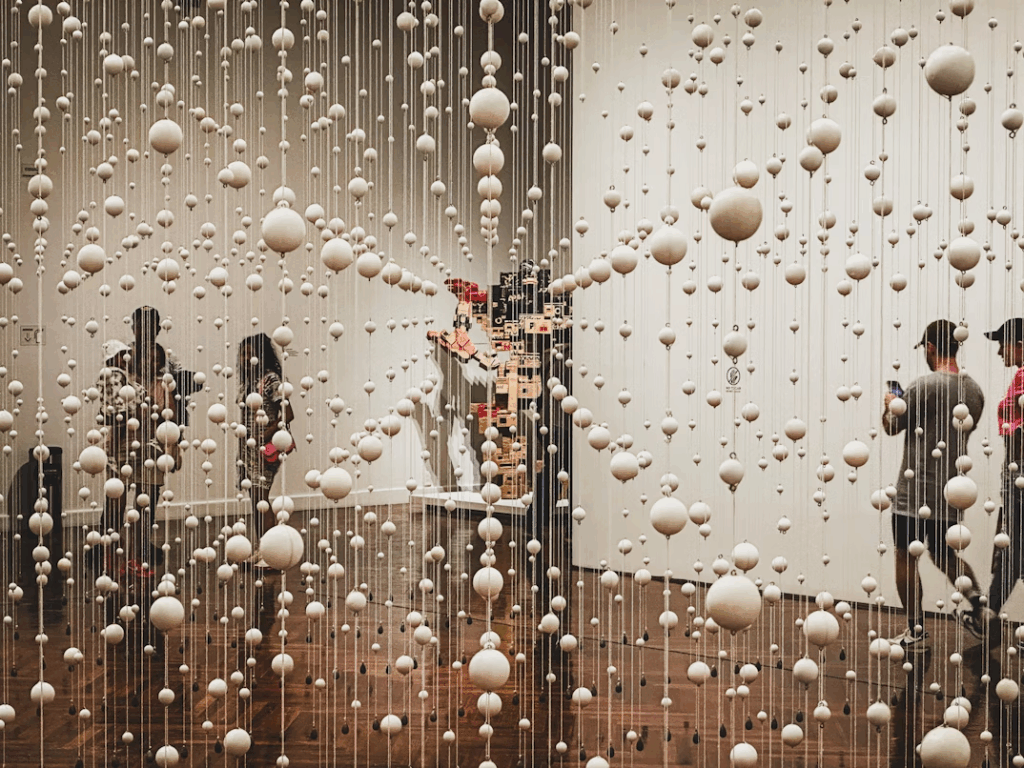In an age of rapid globalization and digital connection, traditions that once defined cultures risk fading into memory. Yet, as the world races forward, many communities are rediscovering the value of slowing down to preserve rituals, crafts, and customs that root them in identity and belonging.
These traditions aren’t just relics of the past. They’re living threads that connect generations, carrying wisdom, artistry, and shared meaning into the future. Preserving cultural traditions isn’t about resisting change. It’s about remembering who we are as we evolve.
Japan’s Art of Kintsugi: Beauty in Imperfection
Kintsugi, the Japanese art of repairing broken pottery with lacquer mixed with gold, teaches that flaws and fractures add value rather than diminish it. The philosophy behind it, which is embracing imperfection, has resonated globally as an antidote to disposable culture.
In an era of constant replacement, Kintsugi offers a gentle reminder: healing can be a beautiful thing. Its modern influence extends beyond ceramics to fashion, mental health, and sustainability movements that celebrate restoration instead of waste.
See The Comeback of Analog Hobbies (Film, Vinyl, Notebooks) for more craft-centric rituals.
India’s Festival of Lights: Diwali’s Message of Renewal
Each autumn, millions of people celebrate Diwali, the Hindu festival that symbolizes the triumph of light over darkness. Families decorate homes with lamps, exchange sweets, and gather for prayer and community. Beyond its religious significance, Diwali embodies optimism, gratitude, and renewal—values that transcend borders.
As modern life grows increasingly digital, the festival’s focus on togetherness and gratitude remains profoundly relevant. It reminds us that community rituals nourish connection in ways no screen can replicate.
For current developments, there are reports on India’s proposal to add Diwali to UNESCO’s Intangible Cultural Heritage list.
Norway’s “Friluftsliv”: The Tradition of Outdoor Living
In Norway, friluftsliv, literally “open-air life,” isn’t a hobby; it’s a philosophy. It encourages people to spend time outdoors daily, regardless of the weather, as a way to maintain mental and physical well-being.
This cultural commitment to nature has inspired global movements toward slow living and environmental mindfulness. In a hyperconnected world, friluftsliv is a reminder that peace often comes from disconnecting and breathing in fresh air.
Want to understand why yesterday’s symbols keep circling back. Read The Psychology of Nostalgia Marketing.
Mexico’s Día de los Muertos: Remembering With Joy
Mexico’s Day of the Dead celebrates ancestors not with mourning, but with music, food, and color. Families build ofrendas (altars) adorned with marigolds and favorite dishes to welcome loved ones back in spirit.
The celebration’s growing global recognition reflects a broader shift toward viewing death as part of life rather than its end. Its message, which is that love transcends time, continues to inspire art, film, and even international festivals rooted in remembrance.
Curious how cultural spaces evolve with new audiences? Explore Reinventing Museums for the TikTok Generation.
Why Tradition Still Matters
Cultural traditions give meaning to moments and teach values technology can’t replicate: patience, craftsmanship, gratitude, and connection. They’re acts of resistance against homogenization, preserving diversity in a world that often prizes sameness.
When we honor traditions, whether by cooking an ancestral recipe, telling an old story, or lighting a ceremonial candle, we bridge generations. We keep identity alive.
The pace of modern life will only accelerate, but slowing down to preserve what matters ensures the future has roots deep enough to hold it steady.




